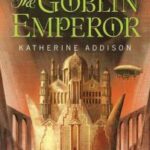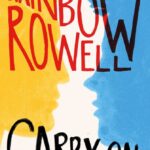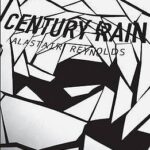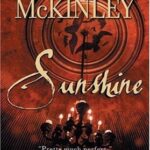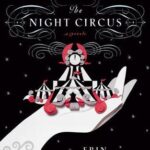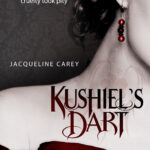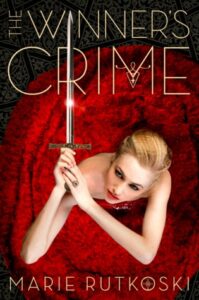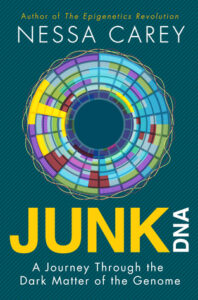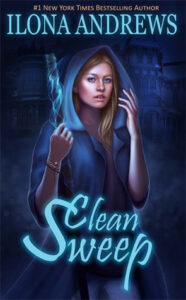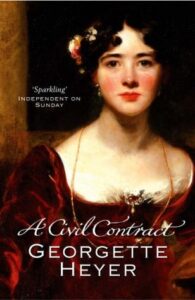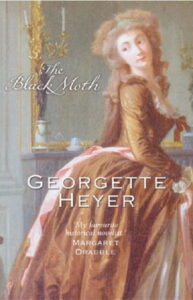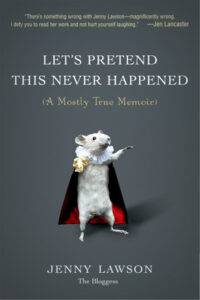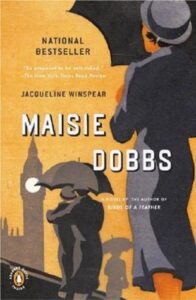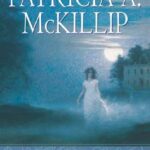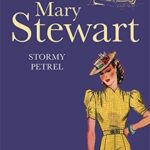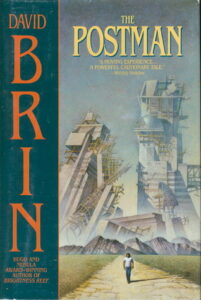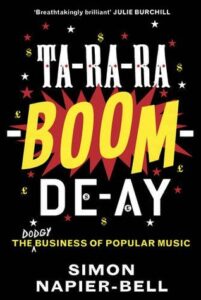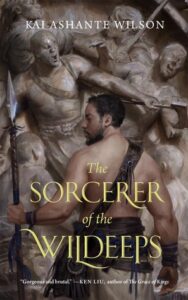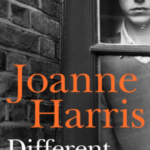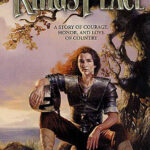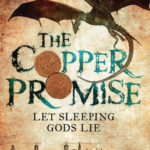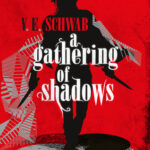This week’s theme is “Ten Books I Really Love But Feel Like I Haven’t Talked About Enough/In A While”. I can do that, right? Right!
- The Goblin Emperor, Katherine Addison. I’m never going to be over this book, or feel like I’ve said enough about it. It probably dethroned my previous fairly longterm favourite. I would rather reread it right now than reread The Lord of the Rings, and believe me, nobody expects me to say that.
- Carry On, Rainbow Rowell. Okay, I haven’t talked about it enough because my review hasn’t gone up yet. But STILL. I loved it and I loved what Rowell did with the starting material and I can’t get over Simon and Baz.
- Seaward, Susan Cooper. It’s like The Dark is Rising grew up and discovered sex. Except not in any crude way, it’s just that attraction is a thing for the main characters and it shapes what they grow through. A magical journey for a different stage of adolescence.
- Century Rain, Alastair Reynolds. I haven’t talked about this much because it’s been so long since I read it, but I’m rereading it right now, so there’s that. It’s actually the book that made my sister into a reader after she totally lost interest.
- Sunshine, Robin McKinley. I have to confess, I’m actually a little scared to reread it in case it isn’t as awesome as I remember.
- My Real Children, Jo Walton. I feel like I didn’t talk about this enough when it came out, though I loved it. I might even love it more than Among Others, in that it might have more to say to an adult version of me, whereas Among Others talks to the teen I was.
- Vicious, V.E. Schwab. I don’t anyone in my day to day life who has read it, and my partner hasn’t read it (yet). CAPSLOCK WITH ME.
- The Night Circus, Erin Morgenstern. I love this book and I want to read it again. It’s just so magical. And people often say “but I don’t like circuses”, and guys, it doesn’t matter.
- Kushiel’s Dart, Jacqueline Carey. I always tack disclaimers on this one because of the sex and BDSM, which often makes people look at me like “what weird things are you into?” But I love these books for the politics and the world and Joscelin, who is not at all kinky unless paladins who are meant to be celibate but fall in love are your fetish. (More power to you, if so.)
- Bloodshot, Cherie Priest. I haven’t fallen for any of Priest’s other books as much as the duology this kicks off. And there’s no series I can think of that I want more of so powerfully. Must reread soon. (My partner tried and was bored. Aaah.)
I could probably think of a ton more books to flail about. This is a good topic!
